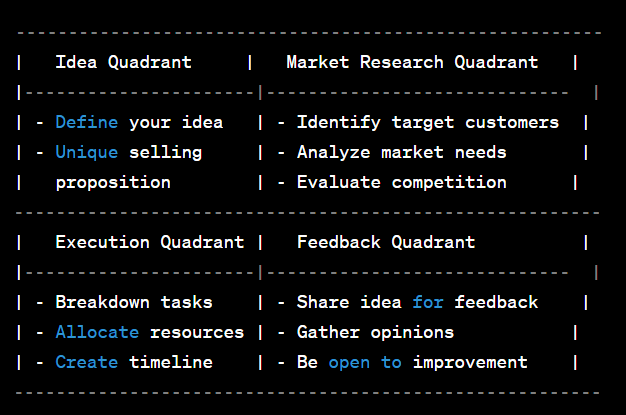Fueling Dreams: EU-Financed Programs Empowering Entrepreneurs and Startups
Fueling Dreams: EU-Financed Programs Empowering Entrepreneurs and Startups https://theraise.eu/wp-content/uploads/2023/12/Funded-by-the-European-Union-1024x410.png 1024 410 RAISE fosters startup growth and scale-up within and across Europe https://theraise.eu/wp-content/uploads/2023/12/Funded-by-the-European-Union-1024x410.pngIn the bustling landscape of business and innovation, European Union (EU)-financed programs stand as pillars of support for aspiring entrepreneurs and startups. These initiatives provide a valuable boost by offering funding, mentorship, and resources to turn creative ideas into thriving businesses. In this article, we’ll delve into some key EU programs that play a crucial role in fostering entrepreneurship and nurturing the growth of startups.
- Horizon Europe: Igniting Innovation
At the forefront of EU support for entrepreneurs is Horizon Europe, a program designed to drive innovation and research. It allocates funds to innovative projects, giving startups the financial backing needed to turn their groundbreaking ideas into reality. By focusing on research and development, Horizon Europe propels startups towards creating products and services that can make a significant impact in various industries.
- COSME: Boosting Small Businesses
COSME, an EU program tailored for small and medium-sized enterprises (SMEs), plays a pivotal role in supporting entrepreneurs. By providing access to finance, market opportunities, and networks, COSME aids startups in overcoming initial hurdles. This program empowers entrepreneurs to scale up their operations and compete in the global market, fostering a robust and competitive business environment.
- European Structural and Investment Funds (ESIF): Local Support for Global Ambitions
ESIF represents a diverse range of funds aimed at promoting regional development. Entrepreneurs and startups can benefit from these funds to enhance local business ecosystems. Whether through infrastructure development, skills training, or fostering innovation hubs, ESIF empowers startups to grow locally while having the potential to expand globally.
- Erasmus for Young Entrepreneurs: Learning through Experience
For budding entrepreneurs, Erasmus for Young Entrepreneurs provides a unique opportunity to learn from experienced business owners across Europe. This exchange program facilitates knowledge transfer, mentorship, and networking, allowing aspiring entrepreneurs to gain practical insights and skills crucial for navigating the challenges of startup life.
- EIC Accelerator: Fast-Tracking Innovation
The European Innovation Council (EIC) Accelerator is a flagship initiative supporting high-potential startups and innovators. By providing both grants and equity financing, the EIC Accelerator accelerates the growth of groundbreaking projects. This program not only injects much-needed capital but also offers coaching and mentoring to ensure the success of these ambitious ventures.
EU Programs Paving the Way for Entrepreneurial Success
EU-financed programs are instrumental in cultivating a vibrant entrepreneurial ecosystem across Europe. By providing financial support, mentorship, and a conducive environment for growth, these programs empower startups to thrive. As we look to the future, the continued commitment of the European Union to support entrepreneurship promises a landscape where innovative ideas can flourish and contribute to economic development on both local and global scales.
Photo via Switch 2 Green











